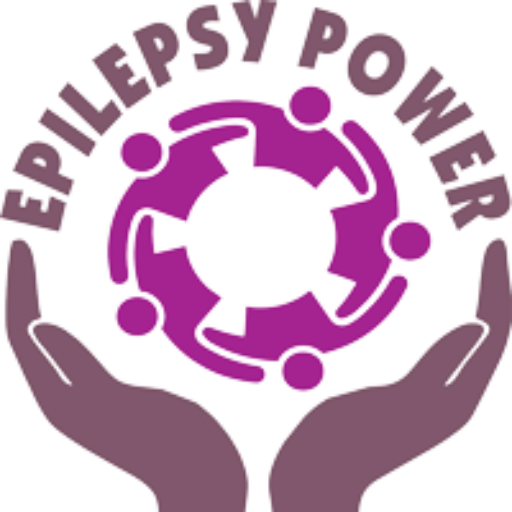- Introduction
- Section 1: Understanding Social Communication
- Section 2: Recognizing Barriers to Effective Communication
- Section 3: Active Listening Skills
- Section 4: Non-Verbal Communication
- Section 5: Emotional Intelligence
- Section 6: Overcoming Communication Anxiety
- Section 7: Effective Conflict Resolution
- Section 8: Building Social Skills in Specific Contexts
- Conclusion
- Quiz
Content:
This section focuses on effective conflict resolution strategies for positive outcomes. You will learn about different conflict resolution styles, active listening in conflict situations, and techniques for finding win-win solutions.
Tasks:
Analyze a scenario and propose a conflict resolution approach that promotes understanding and cooperation.
Engage in a group discussion or debate to practice conflict resolution skills and find a mutually beneficial resolution.
Conflict is an inevitable part of human interaction, and how we approach and resolve conflicts greatly impacts our relationships and overall well-being. Understanding the nature of conflicts, learning constructive conflict resolution techniques, and embracing empathy and perspective-taking are crucial for resolving conflicts effectively and fostering understanding.
Conflicts arise from differences in opinions, values, needs, or goals. They can occur in various settings, including personal relationships, work environments, and community interactions. Unresolved conflicts can lead to strained relationships, resentment, and communication breakdowns. However, when conflicts are managed and resolved constructively, they can lead to personal growth, strengthened relationships, and improved collaboration.
To resolve conflicts constructively, several techniques can be applied:
Active listening: Active listening involves attentively and empathetic listening to the other person’s perspective without interrupting or judging. It requires giving full attention, maintaining eye contact, and showing genuine interest. By actively listening, we can better understand the underlying concerns and emotions of the other person, leading to more effective problem-solving.
Assertive expression of emotions: It is important to express our emotions assertively, stating our needs and concerns without attacking or belittling the other person. Using “I” statements to express how we feel and what we need can prevent the conversation from becoming confrontational. For example, instead of saying, “You always ignore my opinions,” we can say, “I feel unheard when my opinions are not considered.”
Compromise and finding win-win solutions: In conflicts, seeking a middle ground or finding win-win solutions that meet the needs of all parties involved can be beneficial. This approach requires open-mindedness and a willingness to explore alternative perspectives. By focusing on shared interests and common goals, it becomes easier to find creative solutions that address everyone’s concerns.
Perspective-taking and empathy: Empathy and perspective-taking are essential for understanding others’ experiences and emotions. By putting ourselves in the other person’s shoes, we can gain insight into their perspective and motivations. This understanding facilitates effective communication, validates their feelings, and fosters empathy. It is important to remember that empathy does not mean agreement, but rather a genuine effort to understand the other person’s point of view.
By incorporating these techniques into conflict resolution, we can create an environment that encourages understanding and constructive dialogue. However, it is important to note that not all conflicts can be resolved immediately or completely. In some cases, conflicts may require ongoing communication, negotiation, and compromise to reach a satisfactory resolution.
Empathy and understanding play a vital role in conflict resolution. They help us develop a deeper understanding of the other person’s experiences, emotions, and needs. When we genuinely empathize and consider different perspectives, we are more likely to find mutually beneficial solutions and reach a resolution that respects the needs and values of all parties involved. Empathy also promotes a sense of connection and empathy between individuals, fostering understanding and maintaining positive relationships even in the face of disagreements.
In conclusion, effective conflict resolution is essential for maintaining healthy relationships and fostering understanding. By understanding the nature of conflicts, employing constructive techniques such as active listening, assertive expression of emotions, compromise, and seeking win-win solutions, we can navigate conflicts with greater success. Additionally, empathy and perspective-taking play a crucial role in conflict resolution, as they facilitate understanding and promote positive communication. By embracing these approaches, conflicts can be transformed into opportunities for personal growth, improved relationships, and collaborative problem-solving.
